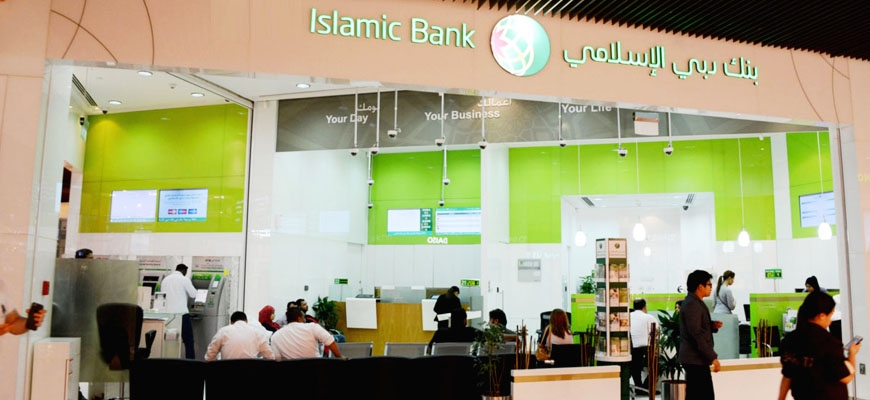Why RBI denies pursuing Islamic banking system in India, Read Here!

Replying to an RTI query, the central bank said the decision was taken after considering the wider and equal opportunities available to all citizens to access banking and financial services.
The issue of introduction of Islamic banking in India was examined by the RBI and the government of India, Apex Bank said.
In late 2008, a committee on Financial Sector Reforms, headed by former RBI governor Raghuram Rajan, had stressed on the need for a closer look at the issue of interest-free banking in the country.
"Certain faiths prohibit the use of financial instruments that pay interest. The non-availability of interest-free banking products results in some Indians, including those in the economically disadvantaged strata of society, not being able to access banking products and services due to reasons of faith," the committee had said.
Later, on the instruction of the central government, an inter-departmental group (IDG) set up in the RBI examined the legal, technical and regulatory issues for introducing interest free banking in India and has submitted its report to the government.
The RBI had in February last year sent a copy of the IDG report to the finance ministry and recommended an "Islamic window" in conventional banks for gradual introduction of Sharia-compliant banking.
Islamic banking refers to a system of banking or banking activity that is consistent with the principles of the Sharia (Islamic rulings) and its practical application through the development of Islamic economics.
Islamic bank operates on the basis of profit and loss sharing. In case, the businessman has suffered losses, the bank will share these losses based on the mode of finance used. In this money is not regarded as a commodity, though it is used as a medium of exchange and store of value. Therefore, it cannot be sold at a price higher than its face value or rented out.
The philosophy of Islamic banking takes the lead from Islamic Shariah. According to Islamic Shariah, Transactions involving interest/riba, Gharar and Maiser are prohibited.
Moreover, they cannot deal in any transaction, the subject matter of which is invalid (haram in the eyes of Islam). Islamic banks focus on generating returns through investment tools which are also Shariah compliant.
Islamic Shariah links the gain on capital with its performance. Operating within the ambit of Shariah, the operations of Islamic banking are based on sharing the risk which may arise through trading and investment activities using contracts of various Islamic modes of finance.
Riba, Gharar & Maiser
Riba: An increase stipulated or sought over the principal of a loan or debt and implies any excess compensation without due consideration (consideration does not include time value of money).
Gharar: Excessive level of uncertainty or ambiguity created due to the lack of information or control in a contract
Maiser: Game of Chance or speculation
The number and size of Islamic bank has grown so that by 2009, there were over 300 banks and 250 mutual funds around the world complying with Islamic principles and around $2 trillion were sharia-compliant by 2014. Also, Sharia-compliant financial institutions represented approximately 1% of total world assets, concentrated in the Gulf Cooperation Council (GCC) countries, Iran, and Malaysia.
The US has the American Finance House LARIBA which is a riba free and shariat complaint financial institution that is involved in auto, business, trade financing, hedge fund investing etc.
The United Kingdom was the first non-Islamic country to permit a complete shariat compliant bank called the Islamic Bank of Britain to operate. In fact, UK was the first Non-Islamic country to have introduced Islamic Bonds known as sukuk in the year 2014.